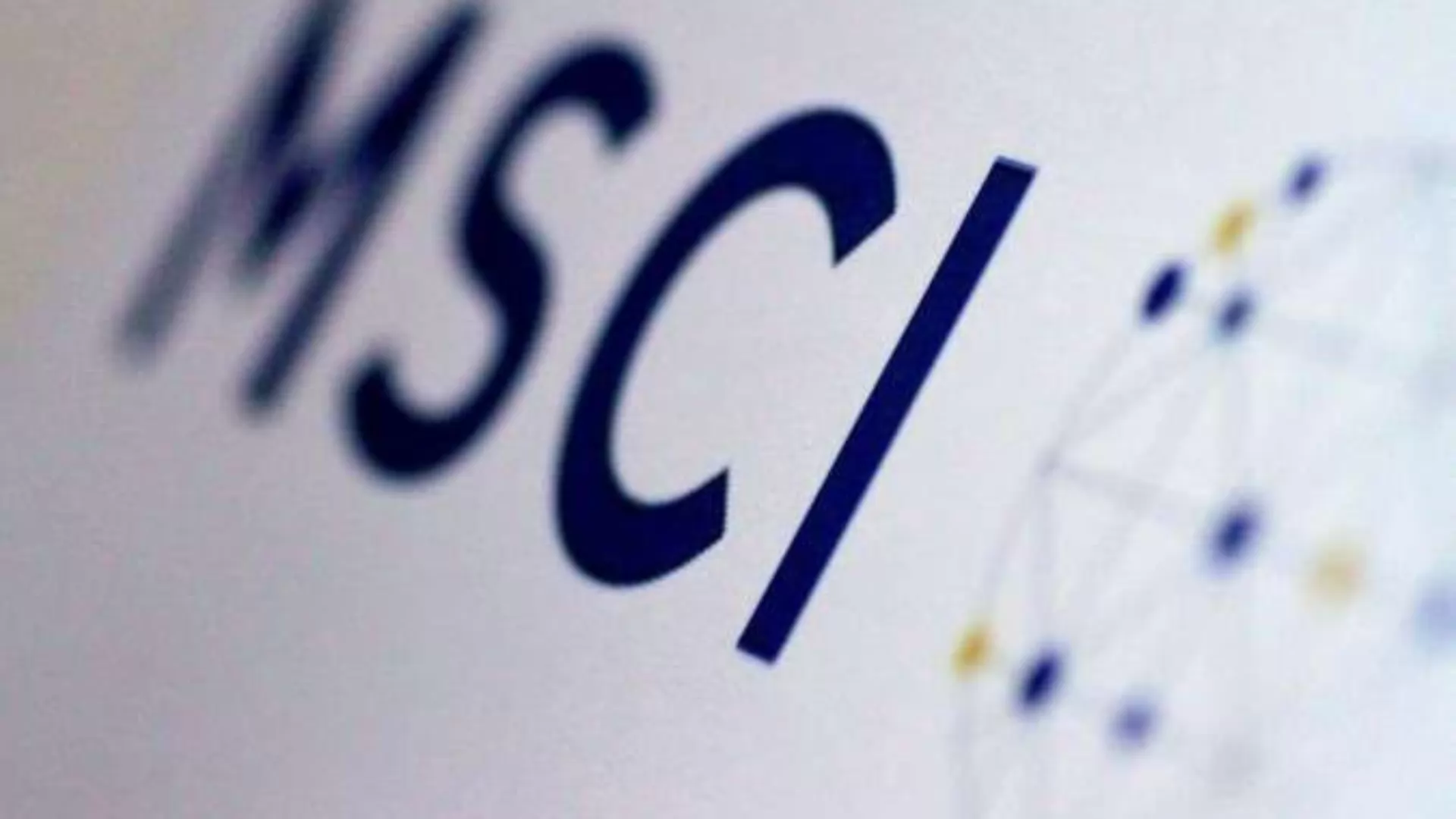
Crypto News
Deutsche Bank Set to Become Banking Partner for Bullish - The Crypto Exchange Listed on NYSE!
/index.php
Saham News - Posted on 08 August 2025 Reading time 5 minutes

Morgan Stanley Capital International (MSCI) has officially released the results of its periodic index review for the August 2025 edition on Thursday, August 7, 2025, U.S. time.
The changes in index composition will take effect after the market closes on August 26, 2025, and will be officially implemented starting August 27, 2025.
In this rebalancing round, after several periods of MSCI trimming Indonesian stocks, two new Indonesian equities have been added. Interestingly, one of them is owned by tycoon Prajogo Pangestu — PT Petrindo Jaya Kreasi Tbk (CUAN) — which has been included in the MSCI Global Standard Indexes.
This marks a milestone for Prajogo Pangestu’s stock, as it had previously failed to make it twice and was once excluded under special circumstances.
The second addition comes from the Sinarmas Group: PT Dian Swastatika Sentosa Tbk (DSSA).
On the other hand, one stock has been removed from the global index: PT Alamtri Resources Indonesia Tbk (ADRO). This stock has now been moved down to the MSCI Small Cap Indexes, joining five other companies:
PT Adaro Andalan Indonesia Tbk (AADI)
PT MNC Land Tbk (KPIG)
PT Petrosea Tbk (PTRO)
PT Raharja Energi Cepu Tbk (RATU)
PT Triputra Agro Persada Tbk (TAPG)
Meanwhile, two stocks have been deleted from the small-cap list: PT Merdeka Battery Materials Tbk (MBMA) and PT Panin Financial Tbk (PNLF).
Summary of MSCI August 2025 Changes:
MSCI Global Standard Indexes
Additions: DSSA, CUAN
Deletions: ADRO
MSCI Small Cap Indexes
Additions: AADI, ADRO, KPIG, PTRO, RATU, TAPG
Deletions: MBMA, PNLF
The MSCI indexes are closely watched by foreign investors when deciding to invest in various countries, both developed and emerging markets, including Indonesia.
Ahead of each rebalancing schedule, both foreign fund managers and retail investors pay close attention to the announcements.
Indexes such as MSCI Emerging Markets, MSCI Asia ex-Japan, and MSCI Indonesia serve as key benchmarks for global investors when allocating funds to emerging markets.
When a stock is added to the index, large capital inflows from institutional investors often follow, whereas stocks removed tend to face heavy selling pressure.
It is not uncommon for stocks newly included in MSCI to experience sharp price increases due to sudden demand spikes. Conversely, those deleted from the index often see steep declines as selling intensifies. This phenomenon, known as the MSCI effect, is frequently leveraged by traders for short-term opportunities.
Not only passive funds but also active fund managers rely on MSCI as a reference point for their strategies. The rebalancing process is a crucial moment for reassessing asset allocation, especially for large-scale managed funds.
Source: cnbcindonesia.com
What do you think about this topic? Tell us what you think. Don't forget to follow Digivestasi's Instagram, TikTok, Youtube accounts to keep you updated with the latest information about economics, finance, digital technology and digital asset investment.
DISCLAIMER
All information contained on our website is summarized from reliable sources and published in good faith and for the purpose of providing general information only. Any action taken by readers on information from this site is their own responsibility.